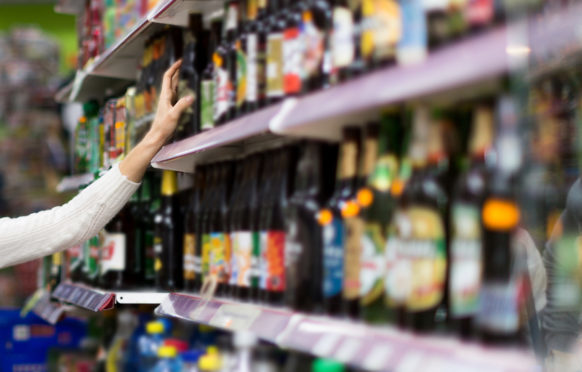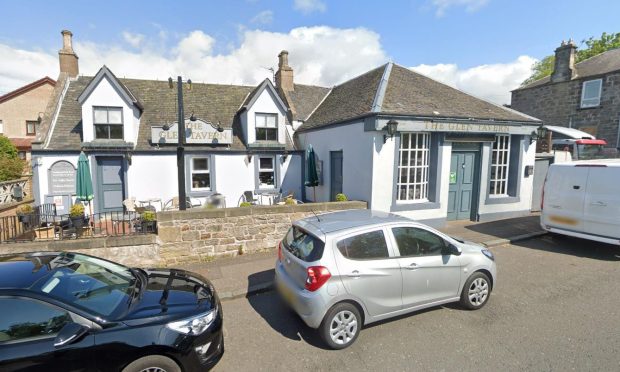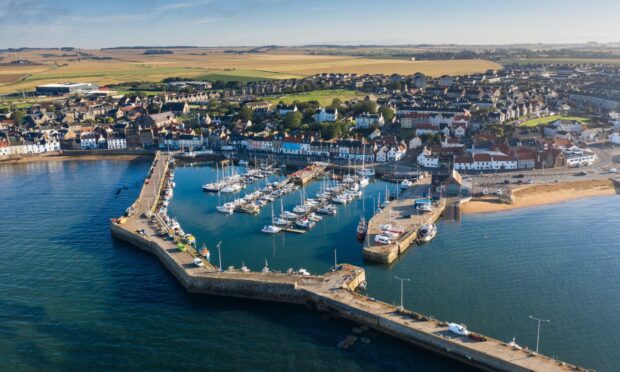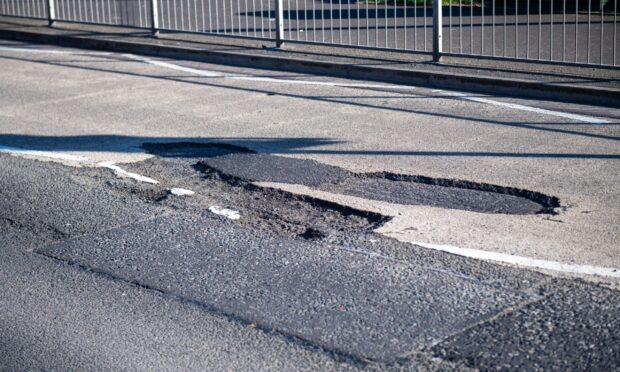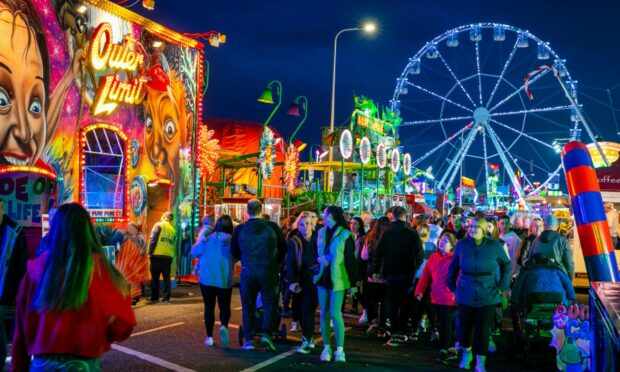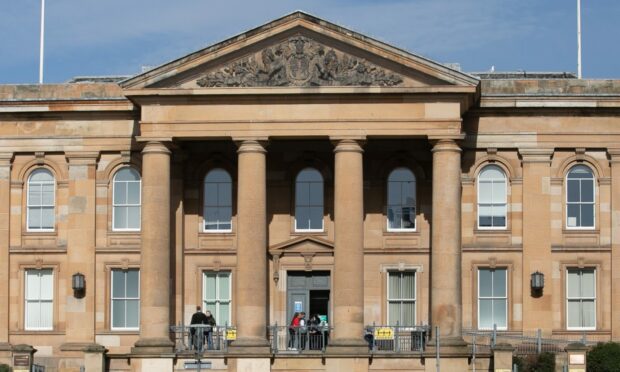A bid to limit the number of shops selling alcohol in parts of Fife has been scrapped.
The new licensing policy had been proposed in an effort to tackle alcohol-related harm estimated to cost the region £131 million a year.
It would have created a presumption against new off-sales licences being granted in the Kirkcaldy, Cowdenbeath and Leven areas, where it was suggested there were too many already, as well as higher rates of crime and hospital admissions.
NHS Fife said controlling the availability of drink was recognised as one of the few effective ways of reducing alcohol-related harm and cited reports showing rates of harm were greatest in areas with the highest density of off-sale premises.
However, Fife Licencing Board decided against the over-provision policy after members highlighted other initiatives in place, such as minimum pricing and the Check 25 policy.
Members said they were not satisfied by the correlation between the number of outlets in an area and high levels of harm.
They also said problems would be posed by online sales of alcohol and echoed traders’ concerns about the potential for discouraging investment.
Board convener, SNP councillor Carol Lindsay, said: “I don’t think we are in a position to say there is an over-provision. There are a number of factors.”
Conservative councillor Andy Heer said: “We keep saying we are making Fife a better place to do business but an over-provision policy is going to prevent us attracting new shops and investment in existing shops.”
Crime rates in the neighbourhoods with the most alcohol outlets were three and a half times higher than those in neighbourhoods with the fewest, according to a report by Alcohol Focus Scotland and the Centre for Research on Environment, Society and Health.
NHS Fife director of public health Dr Margaret Hannah said a presumption against new off-sales licences in areas of over-provision would have made an important contribution to work to reduce alcohol-related harm.
She said: “Research suggests off-sales make a greater contribution to alcohol-related harm because alcohol is usually cheaper in off-sales, large quantities are available and there is no supervision or control over the quantity consumed compared to on-sales premises.
“Alcohol purchased through off-sales premises is consumed in people’s homes which can have secondary impacts on children, families and the wider community.”
